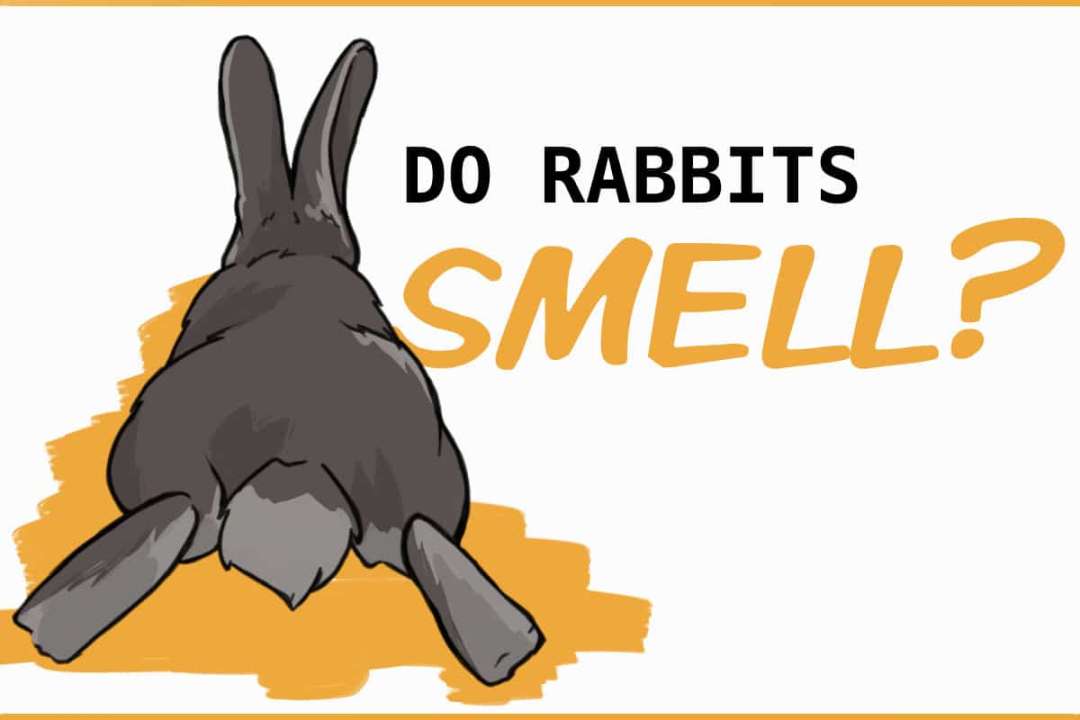How to Control Rabbit Smell
Rabbits are popular pets known for their fluffy fur, adorable appearance, and playful nature. However, they can sometimes emit a strong odor that may become unpleasant for their owners. If you are experiencing rabbit smell issues, don’t worry! This article will guide you through several effective methods to control and reduce the smell associated with keeping rabbits as pets.

1. Proper Cage Cleaning
Regular cleaning of your rabbit’s cage is crucial for odor control. Follow these steps to ensure a clean and fresh living environment for your furry friend:
a) Daily Cleaning Routine
- Remove any uneaten food and soiled bedding daily.
- Wipe down the cage floor and walls using a pet-safe disinfectant.
- Replace the bedding with fresh, odor-absorbing materials.
b) Deep Cleaning
- Every one to two weeks, perform a deep cleaning of the entire cage.
- Remove your rabbit and place them in a safe and secure area.
- Thoroughly wash the cage with warm water and mild soap, ensuring all corners and crevices are cleaned.
- Rinse the cage thoroughly to remove any soap residue.
- Dry the cage completely before adding fresh bedding and returning your rabbit to its clean living space.
2. Proper Litter Box Maintenance
Training your rabbit to use a litter box can significantly help control its smell. Proper maintenance of the litter box is essential:
a) Choosing the Right Litter
Opt for a litter made specifically for rabbits, as it will have better odor control properties. Avoid using clay or clumping cat litter, as they can be harmful if ingested by your rabbit.
b) Frequent Cleaning
Scoop out any soiled litter daily and replace it with fresh litter. Completely change the litter and clean the litter box at least once a week.
c) Proper Placement
Position the litter box in a quiet and easily accessible area for your rabbit. Rabbits are naturally clean animals and prefer to have a separate area for toileting.
3. Diet and Hydration
A balanced diet and proper hydration can help reduce rabbit odor:
a) High-Quality Hay
Ensure your rabbit has access to fresh, high-quality hay at all times. Hay aids in digestion prevent dental issues and helps control odor by reducing digestive problems.
b) Limited Pellets
Limit the number of pellets fed to your rabbit. Pellets should be considered a supplement to hay, not the main part of their diet. Excessive pellet consumption can lead to smelly urine and waste.
c) Fresh Vegetables
Incorporate a variety of fresh vegetables into your rabbit’s diet. Vegetables such as parsley, cilantro, and mint can help neutralize odors naturally.
d) Plenty of Water
Ensure your rabbit always has access to fresh, clean water. Proper hydration helps flush out toxins and reduces strong-smelling urine.
4. Grooming Routine
Regular grooming is an essential part of maintaining a fresh-smelling rabbit:
a) Brushing
Brush your rabbit’s fur regularly to remove loose hair and prevent matting. This will help reduce odor caused by trapped urine or feces in their fur.
b) Nail Trimming
Trim your rabbit’s nails regularly to prevent urine and feces from sticking to their paws and causing odor. Take care not to cut into the quick, as it can cause bleeding and discomfort.
c) Dental Care
Ensure your rabbit’s teeth are in good condition, as dental issues can lead to a foul odor. Provide chew toys and monitor their dental health regularly.
5. Ventilation and Air Circulation
Proper ventilation and air circulation in your rabbit’s living space play a significant role in controlling odor:
a) Fresh Air
Allow your rabbit to spend some supervised time outdoors, weather permitting. The fresh air will help remove stale smells from their fur and living area.
b) Adequate Ventilation
Ensure the room where your rabbit is housed has proper ventilation, such as windows or fans, to circulate the air and reduce moisture buildup.
Remember, a well-ventilated space will help prevent the concentration of odor-causing particles.
FAQs (Frequently Asked Questions)
1. How often should I clean my rabbit’s cage?
You should perform daily cleaning routines to remove any waste or uneaten food, and deep clean the cage every one to two weeks.
2. Can I use cat litter for my rabbit’s litter box?
No, it is not recommended to use cat litter for rabbits, as it can be harmful if ingested. Opt for a litter specifically made for rabbits to ensure their safety and well-being.
3. How can I prevent my rabbit’s urine from smelling strong?
Ensuring your rabbit has a balanced diet with plenty of fresh hay, limited pellets, and proper hydration will help reduce strong-smelling urine. Regular cage and litter box cleaning are also essential.
4. Why does my rabbit’s fur smell bad?
If your rabbit’s fur smells bad, it may be due to improper grooming or dental issues. Regular brushing, nail trimming, and monitoring their dental health will help keep your rabbit’s fur smelling fresh.
Related Articles…
Copyright Notice:
This website utilizes images found online, all copyrights are retained by their original owners. If you would like an image removed, kindly contact us.